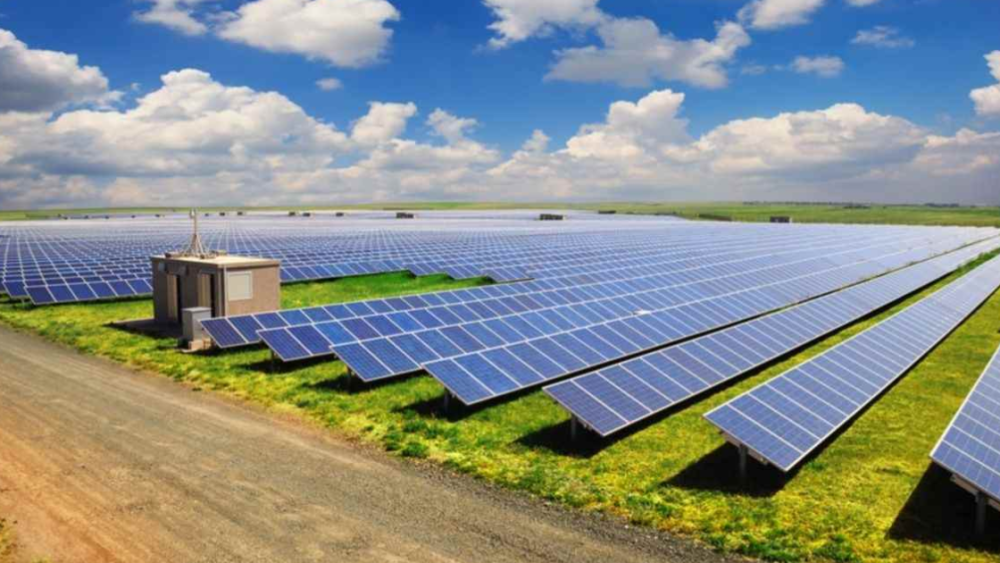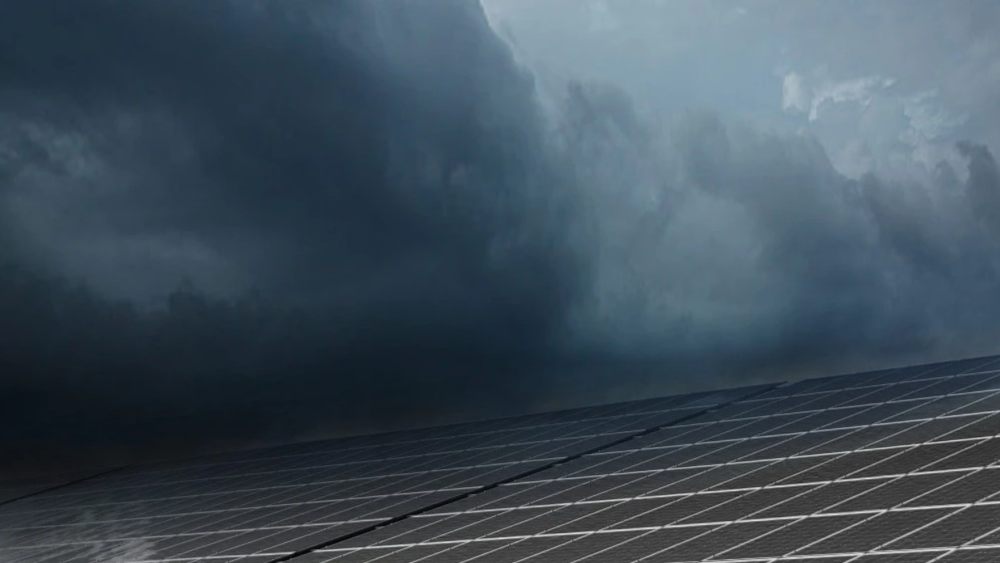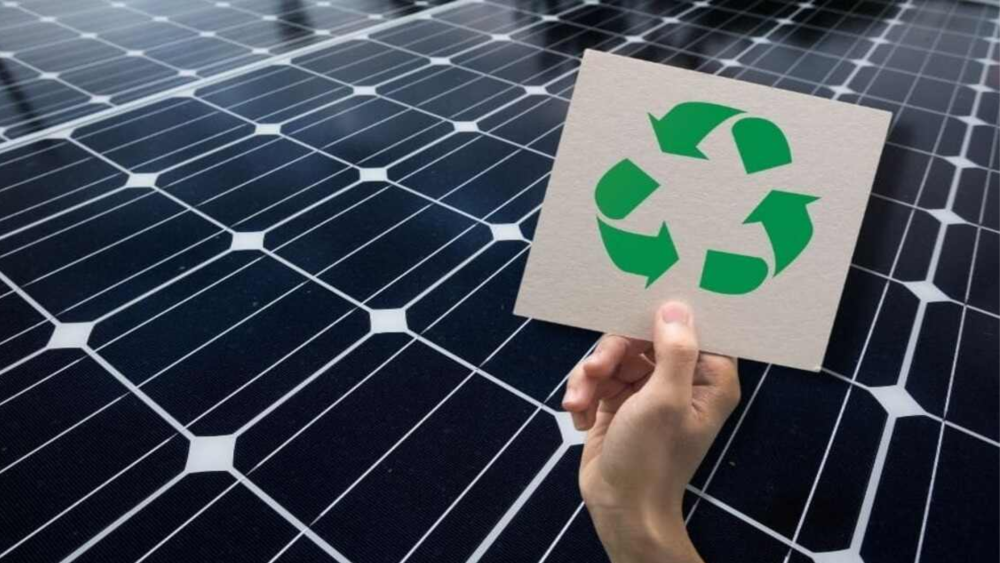What Is a Solar Farm and Should You Consider One?
Written on . Posted in Solar panels.

Try our solar cost and savings calculator
Introduction:
Solar energy has emerged as a powerful solution for sustainable power generation, and solar farms play a significant role in this landscape. But what exactly is a solar farm, and should you consider one for your energy needs? Let's explore what solar farms are, how they operate, and whether they might be a suitable option for you.
What Is a Solar Farm?
A solar farm is a large-scale installation of solar panels designed to generate substantial amounts of electricity. Unlike the typical residential solar systems that power individual homes, solar farms can power entire communities or feed electricity into the grid. There are two main types of solar farms:
- Utility-Scale Solar Farms: These are extensive installations that produce electricity for utility companies, who then distribute the power to consumers.
- Community Solar Farms: These are smaller projects that allow multiple households or businesses to share the electricity produced by the solar panels.

How Does a Solar Farm Work?
Solar farms use photovoltaic (PV) panels, similar to those on residential rooftops, but on a much larger scale. These panels capture sunlight and convert it into electricity. This electricity can be used immediately, stored in batteries, or supplied to the power grid. Utility-scale farms often span large tracts of land, while community solar farms require less space.
Do You Need a Solar Farm?
For most homeowners, establishing a personal solar farm isn't feasible due to space constraints. However, participating in a community solar farm is a practical alternative. This allows you to benefit from solar energy without installing panels on your property. By buying or leasing a portion of the solar farm, you can receive credits on your electricity bill.
Benefits of Solar Farms:
- Environmental Impact: Solar farms reduce carbon emissions and reliance on fossil fuels.
- Cost-Effective: Participation in a community solar farm can lower electricity bills without the upfront costs of installing panels.
- Scalability: Solar farms can be expanded to meet growing energy demands.
Challenges of Solar Farms:
- Land Use: Utility-scale solar farms require large areas of land, which can sometimes lead to land-use conflicts.
- Initial Costs: The setup costs for solar farms can be high, though they offer long-term savings.
- Maintenance: Solar farms require regular maintenance to ensure they operate efficiently.
Conclusion:
While creating your own solar farm may not be practical, joining a community solar farm offers a viable way to enjoy the benefits of solar energy. Understanding how solar farms work and their benefits can help you decide if this is the right option for you.
Try our solar cost and savings calculator




